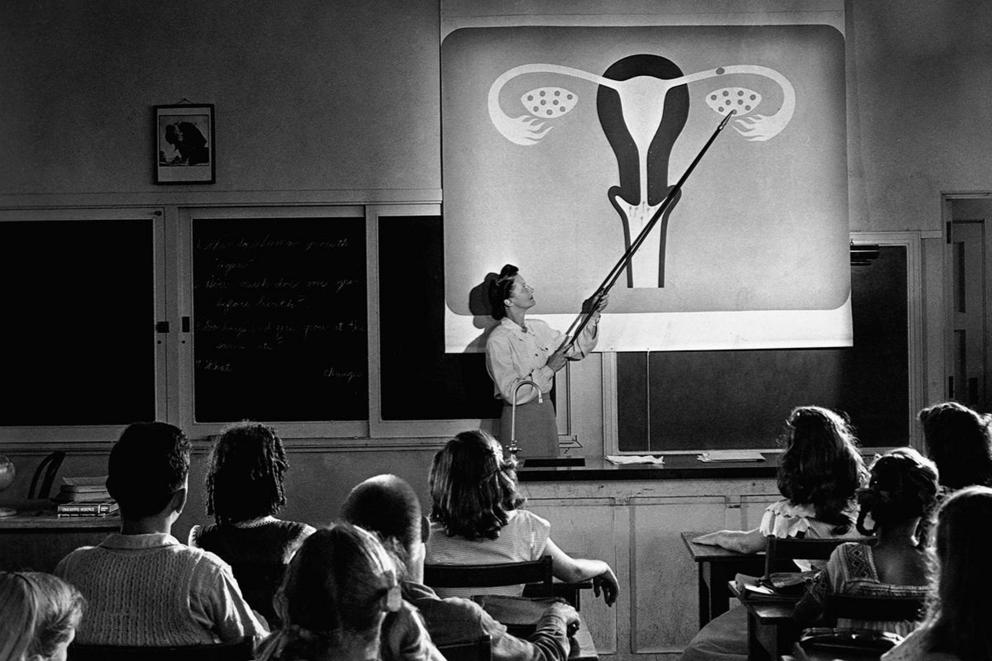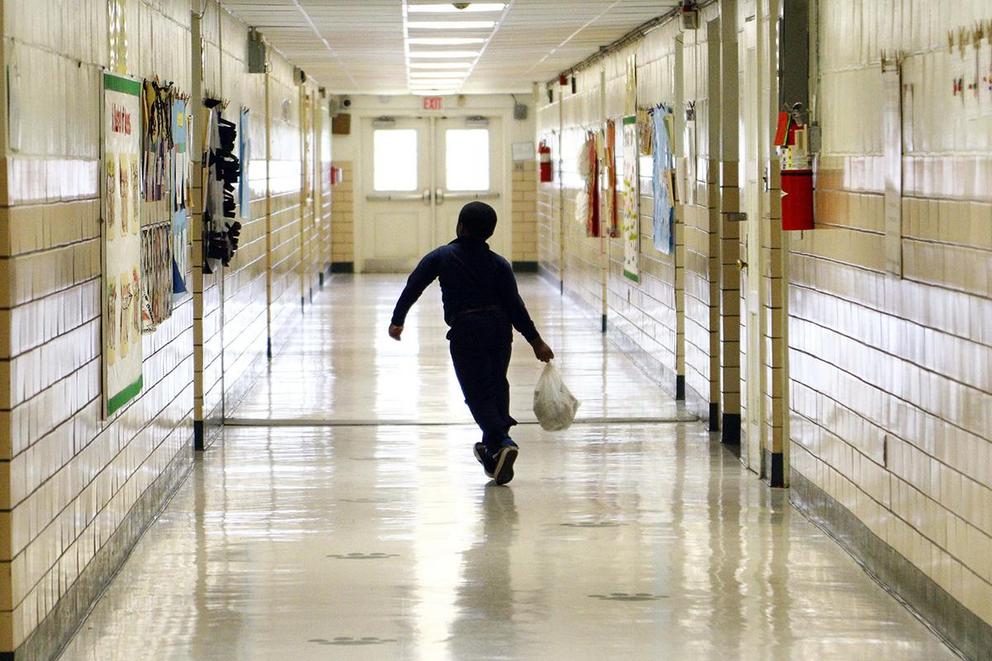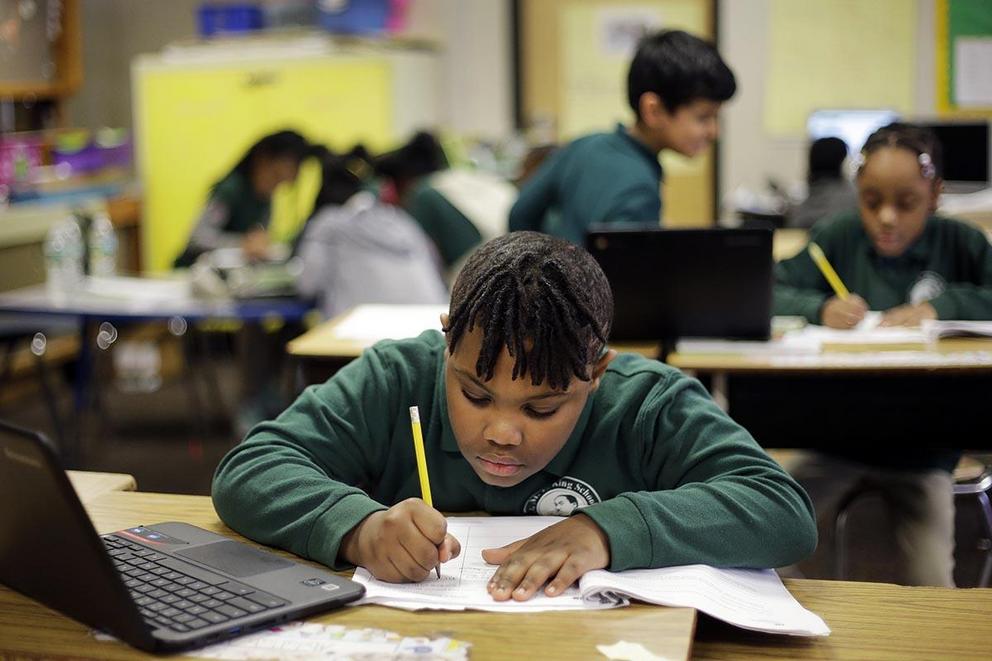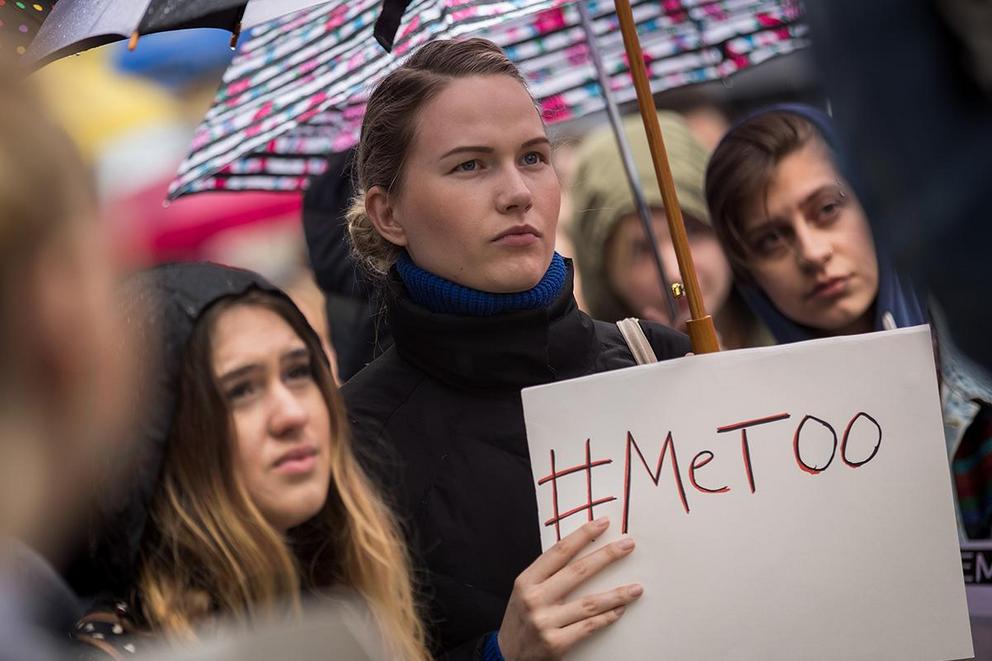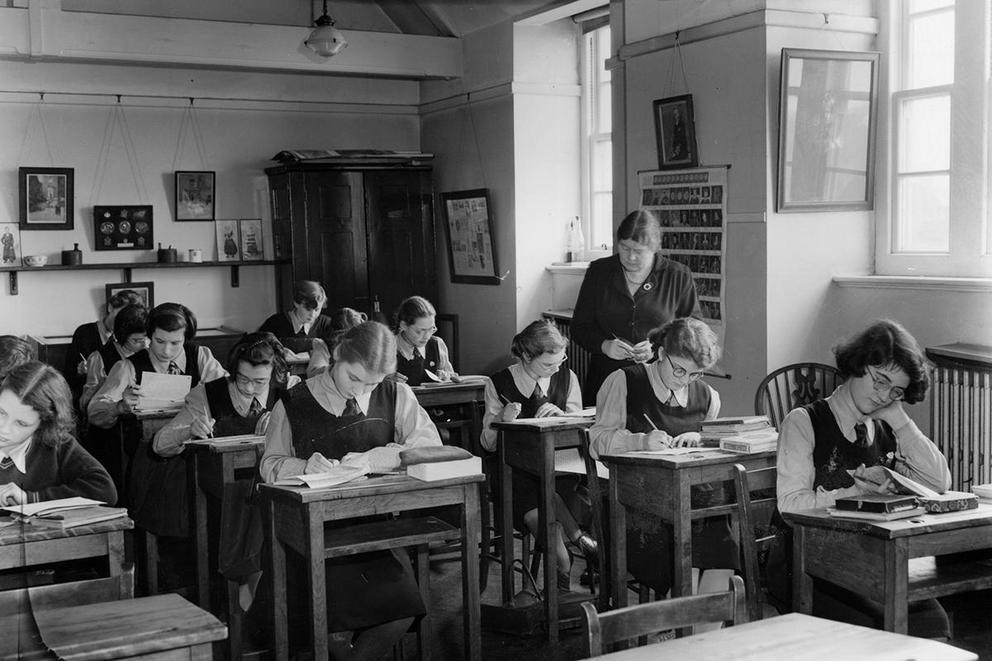Should schools provide condoms to students? | The Tylt
Schools have a responsibility to educate teens about their bodies, which includes information about sex. Some experts and parents believe schools should provide students with condoms when having conversations around safe-sex practices. This camp says it's better to prepare students, rather than pretend that teens will refrain from having sex altogether. Others argue that providing condoms will only encourage sexual activity. What do you think?

Its not enough to simply teach safe-sex practices; schools should provide the means to actually practice safe sex. Failing to do so only fights half the battle—even if the education on safe sex is there, it won't matter without the behavior to back it up.
In the award-winning high school newspaper, The Oracle, student Carolyn Kuimelis argues that by providing condoms, schools encourage life-long safe-sex practices from the start. Kuimelis writes:
Having condoms readily available to students is a necessary and effective way of ensuring that teenagers are making healthy, safe decisions. A condom availability program would open up the conversation about sexual health, eliminating the stigma associated with condoms and contraception.
Many parents worry that giving out condoms at school will be seen as a "free pass" by students. This camp believes that if a school provides condoms, students will see it as a blessing to proceed with their sex lives, as long as they do so with protection.
Some worry that high school and middle school students are not mature enough to have condoms in the first place. Providing contraception will only encourage students to have sex that they may not have otherwise. As one person argues on Debate.org:
If teens are too embarrassed to get them, then they are too immature for sex. Not only that, but it is not the school's responsibility to give it to the teenagers. It's the teenager's responsibility to go get a condom if they are taking the responsibility to have safe sex. It's a personal choice that does not involve the school.
But according to Forbes' Nick Morrison, handing out condoms encourages safe sex and decreases unwanted pregnancy. As he puts it:
It is not as if young people are unaware of sex until they are shown how to put a condom on a banana.
Morrison calls out the reality: Teenagers are going to have sex no matter what the circumstances. Whether they're taught with an abstinence-only approach or they're given a handful of condoms, teens' curiosity about sex is unwavering. Contraception can help curb the unwanted consequences of that reality. Morrison reports:
According to Professor Mike Kelly, director of the Centre for Public Health, schools are a crucial source of advice on sexual health for young people. “Evidence clearly shows that the availability of contraception reduces the rate of unwanted pregnancies,” he adds.
Some argue a schools' responsibility is to educate and nothing more. As another contributor puts it on Debate.org:
Schools are funded to educate and facilitate children to produce for society in the future, not encourage and equip teens to be irresponsible and have sex. They should push good decisions and making something out of yourself. Most of all though, taxpayers shouldn't pay their hard earned money for kids to have sex. End of story case closed.
The responsibility of distributing and discussing condoms comes down to parents. If a guardian is concerned about a teen's sex life, they should address it, but a school should simply set the table for such a conversation, rather than providing a pathway for a certain type of action.



